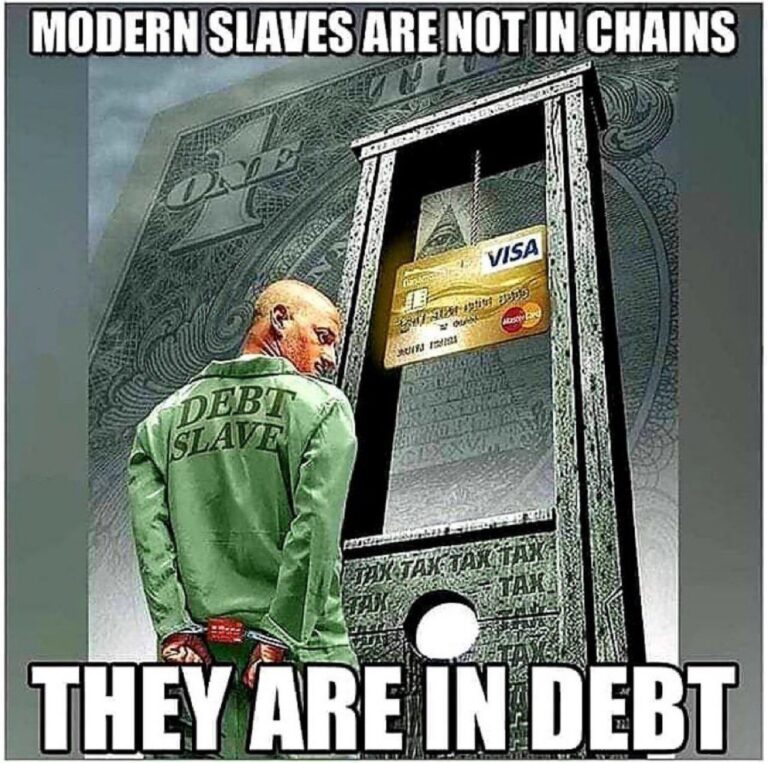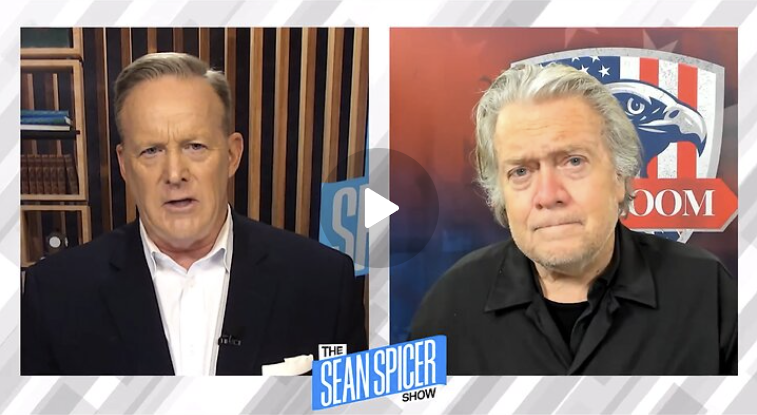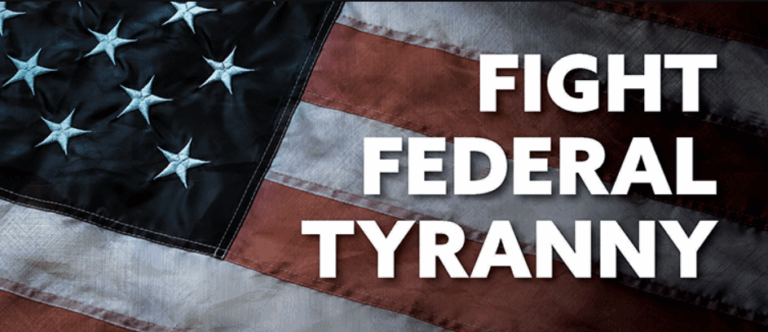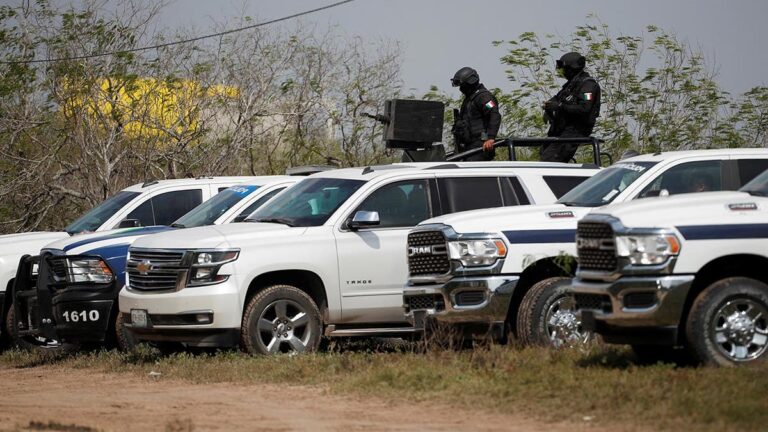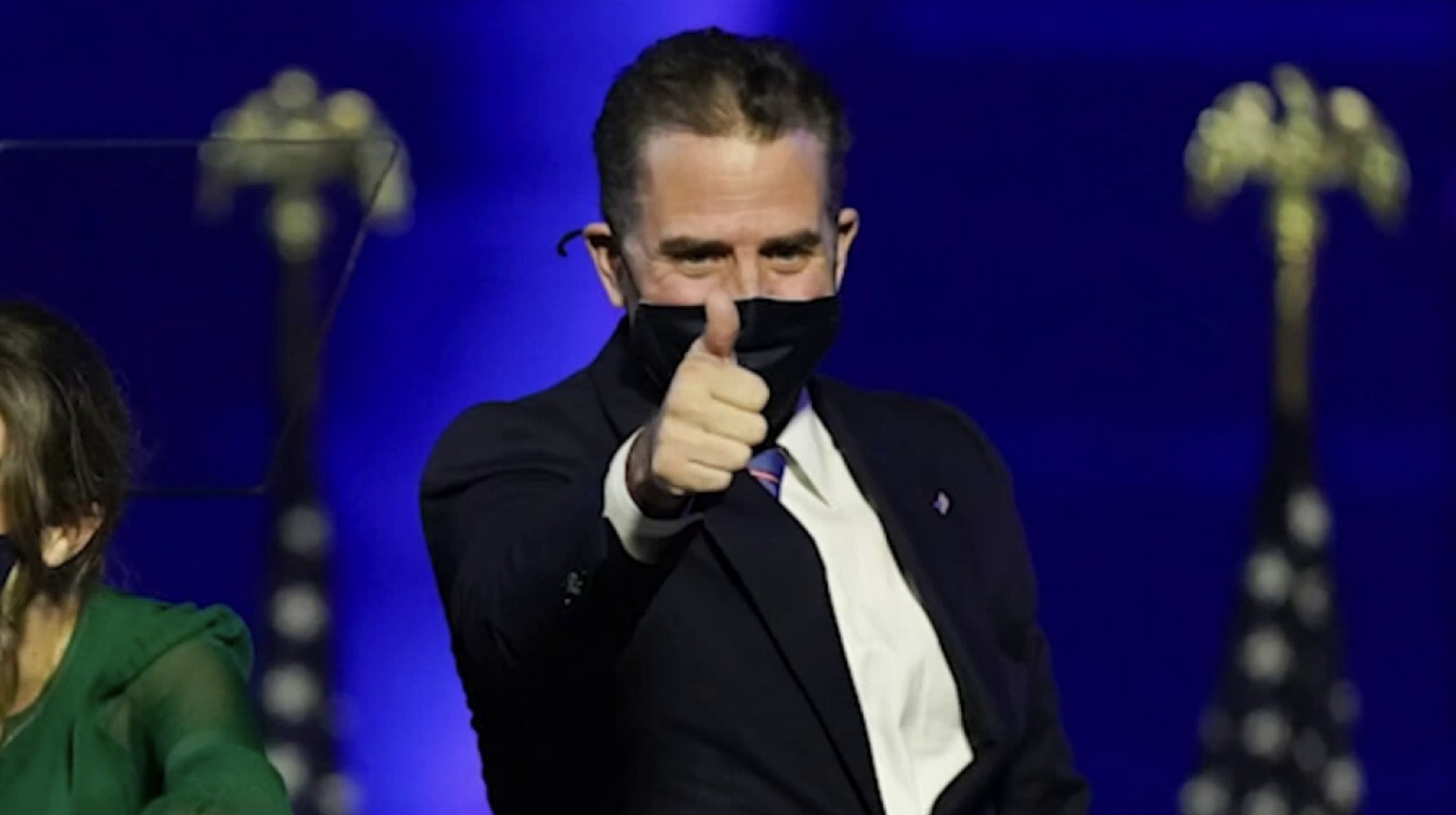
In a revelation that has reignited debates over government transparency and election integrity, newly released internal FBI chat logs have exposed a deliberate effort by senior bureau officials to suppress discussion of Hunter Biden’s laptop in the days leading up to the 2020 presidential election. The documents, obtained by congressional investigators and reported by independent journalists Catherine Herridge and Michael Shellenberger, indicate that the FBI imposed a “gag order” on its personnel after an employee inadvertently confirmed the laptop’s authenticity to Twitter on October 14, 2020—the same day the New York Post published its bombshell story on the device. This development raises serious questions about the agency’s role in shaping public perception during a critical election period and whether its actions constituted interference.
The Laptop Story Breaks—and the FBI Responds
The saga began when the New York Post published a report detailing emails and documents allegedly recovered from a laptop abandoned by Hunter Biden at a Delaware repair shop in April 2019. The device, seized by the FBI in December 2019 under a grand jury subpoena, contained evidence of Hunter’s business dealings with foreign entities, including Ukraine’s Burisma and Chinese energy firms. Some emails suggested that then-Vice President Joe Biden may have been aware of or involved in his son’s activities, contradicting his campaign statements. The story, coming just weeks before the November 3 election, had the potential to damage Joe Biden’s candidacy.
Almost immediately, the FBI swung into action—not to investigate the allegations publicly, but to ensure the story didn’t gain traction. According to the chat logs, an FBI intelligence analyst assigned to the Criminal Investigative Division confirmed the laptop’s authenticity during a conference call with Twitter employees on the morning of October 14. “Yes, the laptop is real,” the analyst reportedly said, according to testimony from Laura Dehmlow, then-head of the FBI’s Foreign Influence Task Force. However, an FBI attorney quickly intervened, declaring “no further comment,” effectively shutting down the disclosure. Within hours, a broader gag order was issued, instructing agents not to discuss the matter.
Internal Chats Reveal a Cover-Up
The internal FBI communications paint a picture of an agency aware of the laptop’s significance but determined to keep it under wraps. In one exchange, Special Agent Elvis Chan, the San Francisco-based liaison to social media companies, asked, “Actually, what kind of case is the laptop thing? Corruption? Campaign financing?” The response—“CLOSE HOLD”—was partially redacted, but Chan’s reply, “Oh crap. OK. It ends here,” suggests he understood the sensitivity of the situation. Another message revealed frustration among agents, with one noting that the analyst who spoke to Twitter “won’t shut up” despite being “checked” by superiors and subjected to the gag order.
The FBI’s silence allowed a narrative of “Russian disinformation” to take hold, fueled by a letter from 51 former intelligence officials—some with ties to the Biden campaign—claiming the laptop story bore “all the classic earmarks” of a Kremlin operation. Social media platforms, including Twitter and Facebook, swiftly censored the New York Post’s reporting, with Twitter locking the outlet’s account and Facebook reducing the story’s visibility. Mark Zuckerberg later admitted this was a mistake, but at the time, the suppression aligned with the FBI’s apparent goal of minimizing the story’s impact.
A Pattern of Suppression
The FBI had possessed the laptop since December 2019 and, according to IRS whistleblowers Gary Shapley and Joseph Ziegler, quickly determined it was authentic and free of tampering. Yet, as the 2020 election approached, the agency avoided public confirmation of its findings. Dehmlow testified to the House Judiciary Committee in 2023 that the FBI chose not to correct the disinformation narrative, despite knowing the laptop was real, because it lacked “specific details” tying it to a foreign influence campaign—details it would have shared if the story had been Russian-backed. This selective silence, critics argue, was a political choice rather than a procedural one.
The gag order wasn’t an isolated incident. The chat logs suggest a broader coordination with tech companies, building on months of FBI warnings about potential “hack-and-leak” operations by foreign actors. When the laptop story broke, these preemptive alerts gave platforms cover to act, even though the FBI knew the data didn’t originate with Russia. The result was a near-total blackout of a story that, according to a 2022 poll, might have swayed 17% of Biden voters in swing states had they known about it—a margin that could have altered the election’s outcome.
Fallout and Implications
The exposure of the gag order has sparked outrage among those who see it as evidence of election interference by a federal agency. House Judiciary Committee Republicans, who released the chat logs, argue that the FBI’s actions protected Joe Biden at a pivotal moment, undermining voter access to critical information. The revelations also bolster claims in the “Twitter Files,” released after Elon Musk’s 2022 acquisition of the platform, which detailed FBI pressure on social media to censor content.
For its part, the FBI has not publicly addressed the latest disclosures, though former Director Christopher Wray has faced scrutiny over the agency’s handling of the laptop. Meanwhile, Hunter Biden’s legal troubles have intensified; federal prosecutors used the laptop as evidence in his 2024 gun and tax trials, confirming its authenticity years after the initial cover-up. Joe Biden’s subsequent pardon of his son in December 2024 has only deepened suspicions of a coordinated effort to shield the family from accountability.
A Call for Accountability
The FBI’s gag order on the Hunter Biden laptop scandal represents a troubling intersection of government power, media influence, and electoral politics. By silencing its own agents and allowing a false narrative to dominate, the bureau may have played a decisive role in shaping the 2020 election. As of April 6, 2025, the fallout continues, with calls for transparency and reform growing louder. Whether this exposure leads to meaningful accountability—or merely fades into the noise of partisan battles—remains to be seen. What’s clear is that the American public was kept in the dark, and the question lingers: at what cost to democracy?
